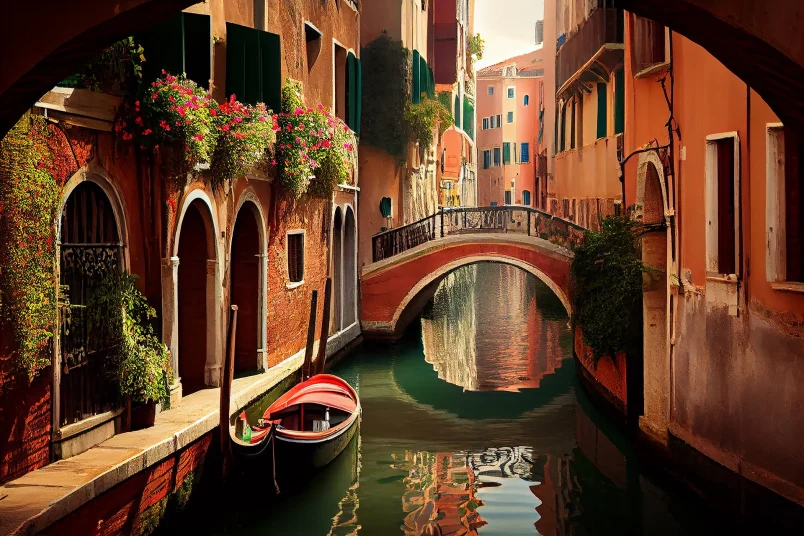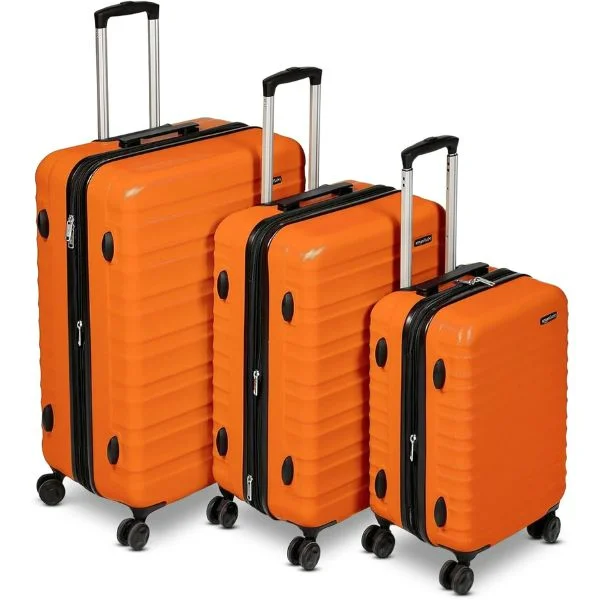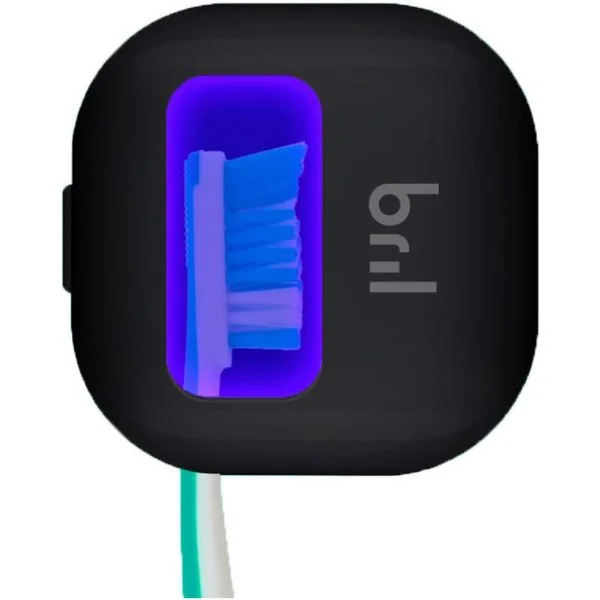Picture this: It’s 2025, spring, Italy in the sunshine. You’ve arrived in Venice, excited for a day of wandering the canals, enjoying a coffee at a cozy café, and maybe even a gondola ride. Suddenly, a city agent approaches and asks for… your permission to be in Venice. No permit? Then prepare to pay a €300 fine.
Sound far-fetched? It’s very real. That’s exactly what could happen if you don’t read this post and learn what Venice has in store for future tourists.
On Thursday, October 24, Venice officials announced their decision to introduce an “access tax” for day-trippers, as reported on the Visit Venice website. According to Euronews, starting in 2025, Venice will charge up to €10 per day for visitors who aren’t staying overnight. Those booking accommodations in Venice are exempt, as they already contribute through a separate tourist tax.
Euronews quotes Venice Mayor Luigi Brugnaro, who explained that the tax aims to help the city control overtourism and prevent overwhelming crowds during peak holiday periods. “Venice is the first city in the world to try and manage the problem of overtourism,” Mayor Brugnaro noted, highlighting the city’s effort to balance visitor enjoyment with preservation.
So, what does this mean for travelers? With the tax taking effect in April 2025, there’s still time for those planning trips to get familiar with the new rules. Here’s a quick breakdown of the access tax details that we know so far:
Tax Structure and Payment
- Tax Amount: The access tax will range from €3 to €10, depending on the volume of daily visitors. On less crowded days, the fee may be as low as €3, while peak days could see the fee rise to €10 for those without advance bookings.
- Payment Method: Visitors will pay through a dedicated website (https://cda.ve.it/en), where they’ll receive a QR code for spot-checks. There won’t be entry barriers; instead, municipal agents will conduct random inspections throughout Venice.
Exemptions
Certain groups won’t be required to pay the access tax:
- Overnight Guests: Visitors staying in hotels, B&Bs, or apartments for at least one night are exempt, as their accommodation tax covers city upkeep.
- Residents, Owners, and Students: Local residents, their relatives up to the third degree, and students enrolled in Venetian institutions are exempt. This also applies to property owners (both Italian and foreign) and anyone visiting for professional reasons.
- Children Under 6: Children in this age group are not required to pay.
- Bus Passengers: Visitors on tourist buses that have paid the ZTL bus tax will be exempt from the access fee.
Implementation Dates
The tax will be enforced on select days:
- Active Days: From April 18 to July 27, 2025, the tax will apply on Fridays, Saturdays, Sundays, and public holidays, totaling 54 days.
Enforcement and Penalties
Failure to pay can result in fines from €50 to €300, in addition to the highest daily entry fee. Visitors without proof of payment may face further penalties.
Purpose of the Access Tax
The tax’s primary objectives are:
- Managing Tourist Flows: To relieve congestion during peak times and improve the visitor experience.
- Funding City Maintenance: Revenue will support the upkeep of public services, from waste management to street repairs, preserving Venice’s unique cultural sites.
While the new tax’s intentions are to make tourism sustainable in Venice, we can only hope this approach remains unique to Venice and doesn’t become a trend in other popular destinations. After all, it would be ideal for cities worldwide to find ways to protect their heritage without additional costs to their guests.










